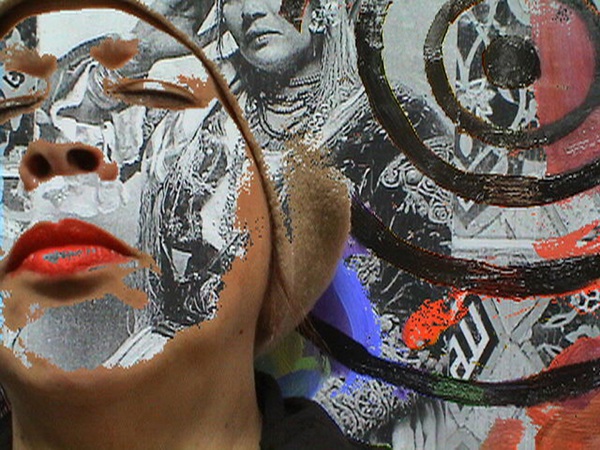Freedom of Speech and Democracy
DOI:
https://doi.org/10.31273/fd.n6.2022.1262Abstract
In recent years ‘freedom of speech’ has been hotly contested, at times weaponised in political debates. Policies of ‘no-platforming’ and at times strong reactions, even protests, against certain speech have led some to worry about what they call ‘cancel culture’. In addition to the explicit fight over freedom of speech seen, for example, in current feminist debates, the last 18 months have seen a rise in the popularity and presence of conspiracy theories, including theories about Covid vaccinations and the Covid pandemic. Mixed in with the so-called ‘anti-vaxxers’ are a medley of conspiracy theorists ranging from climate change deniers, supporters of ‘ethnic replacement conspiracy theories’ through to the astonishingly long-lived, antisemitic myths about child sacrifice and world domination. The spread of such conspiracy theories is problematic if they directly or indirectly cause harm. Anti-vaccination conspiracy theories are harmful if they facilitate the spread of a deadly disease, or if they spread misinformation and thereby vilify (marginalised) individuals or groups and undermine the trust necessary for peaceful coexistence and cooperation in democratic societies.
However – while concern about such harms is important – freedom of speech is often regarded as such a basic right that any infringement has been considered harmful in itself.
In this article I will look at two examples that pose challenges to freedom of speech and analyse them with reference to what I take to be the most plausible account of the grounds and scope of freedom of speech, a democratic defence of freedom of speech. Seeing freedom of speech as primarily grounded in democracy has important implications in situations when speech can be seen as harmful in a relevant sense and in consideration of what we can or should do about harmful speech. In the end I will suggest a possible way of weighing up value and dangers with respect to the cases and also in a broader sense.
Downloads

Downloads
Published
Issue
Section
License
Copyright (c) 2022 Dagmar Wilhelm

This work is licensed under a Creative Commons Attribution-NonCommercial-ShareAlike 4.0 International License.
Authors who publish with this journal agree to the following terms:
- Authors retain copyright and grant the journal right of first publication with the work simultaneously licensed under a Creative Commons Attribution Non-Commercial Share Alike License that allows others to share the work with an acknowledgement of the work's authorship and initial publication in this journal, providing it is not used for commercial purposes and any derivative work is shared with the same license.
- Authors are able to enter into separate, additional contractual arrangements for the non-exclusive distribution of the journal's published version of the work (e.g., post it to an institutional repository or publish it in a book), with an acknowledgement of its initial publication in this journal.
- Authors are permitted and encouraged to post their work online (e.g., in institutional repositories or on their website) prior to and during the submission process, as it can lead to productive exchanges, as well as earlier and greater citation of published work (See The Effect of Open Access).
